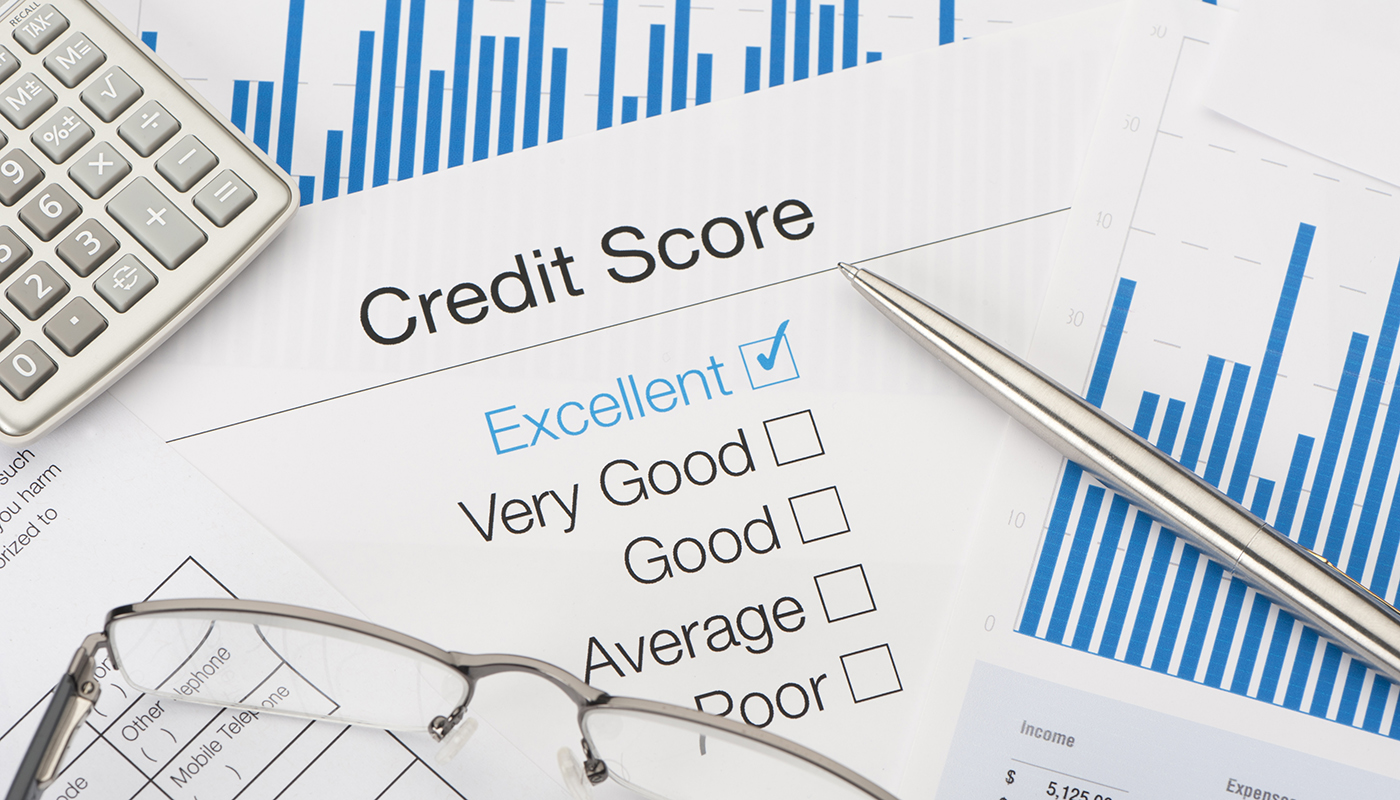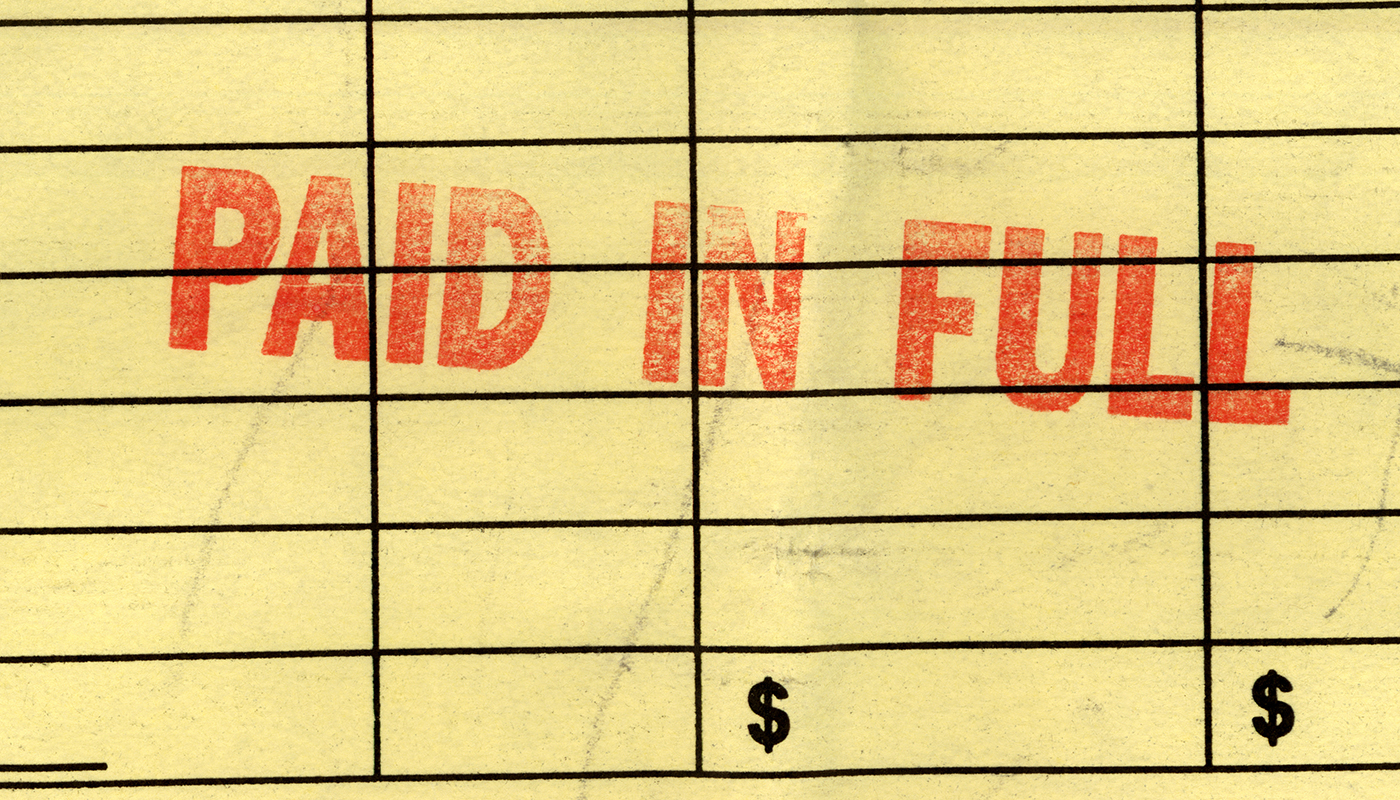How To Improve Your Credit Score
See how your financial decisions can lower or raise your credit score.
 iStock
iStock
A high credit score can be a deciding factor in whether or not you can afford a new home or automobile. This is because a higher credit score usually means you’ll get a lower interest rate on a mortgage or auto loan. The lower the interest rate, the less you’ll pay to borrow the money—and the more you’ll save in the long run.
While inflation may be prompting more people to pull out their credit cards more frequently, the key is to use them to spend wisely. Too much debt can become difficult to pay back—and that could mean your credit score takes a hit.
Myriad factors influence your credit score, from how many credit cards you have to the number of late payments you make. If you want to know where you stand or need ideas about how to raise your credit score, read on to see if your habits align with these best practices.
Smart strategies can positively impact your credit score.
1. Don't carry a balance on your credit card.
 iStock
iStock
Paying off your full balance every month ensures you aren’t carrying debt on your credit card, and you‘ll save money because you aren’t accruing interest on the balance. On the flip side, failing to pay off your credit card each month can indicate that you may be over extending yourself.
2. Use various forms of credit responsibly.
 iStock
iStock
One of the factors that affects your credit score is having a mix of credit cards and installment loans. Lenders tend to favor consumers who can handle different types of credit, like home loans, student loans and credit cards. To get lower interest rates and higher limits, maintain a diverse portfolio of credit. But remember: The key is to have manageable balances.
3. Avoid applying for retail promotions—they usually aren’t worth it in the long run.
 iStock
iStock
It may seem like instant savings, but applying for multiple credit cards over a short time could cause creditors to consider you a higher-risk customer. Why? They may think you’re short on cash and about to rack up a lot of debt. Saving a few dollars upfront usually isn’t worth the long-term impact on your credit.
4. Choose your friends wisely: If a friend or family member is an authorized user on your credit card, you’re still responsible for all payments.
 iStock
iStock
Although an authorized user gets the full benefits of the card, in the eyes of the credit card company, you’re still responsible for all payments. If your friend misses a payment or racks up a high balance, it’ll lower your score.
5. Check your credit score regularly.
 iStock
iStock
Requesting your credit score is considered a soft inquiry, so it won’t affect your score. Keep in mind that you’re entitled to one free copy of your credit report per year from the three major credit bureaus. One more thing: Credit checks from existing lenders and businesses sending you promotional offers are also considered soft inquiries.
6. Start paying off the card balance immediately—even if there’s a promotional offer.
 iStock
iStock
If you’re carrying a high balance or hit the card’s limit, you may knock down your credit score. And the longer the debt is untouched, the bigger the negative impact on your score. Your credit utilization—the amount of your credit card balance compared to the credit limit—is one of the biggest factors influencing your credit score.